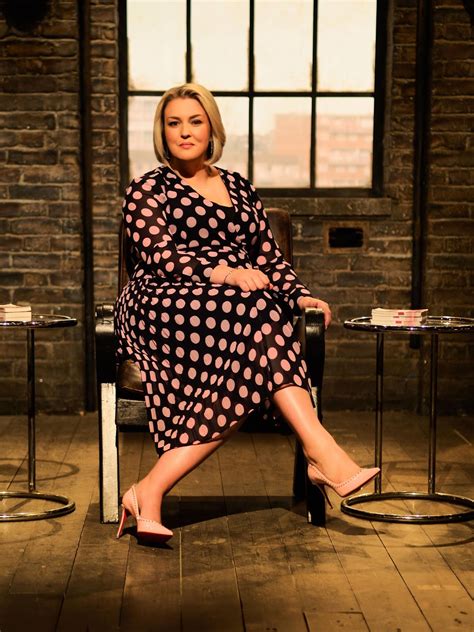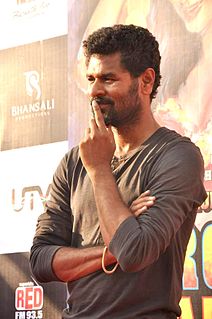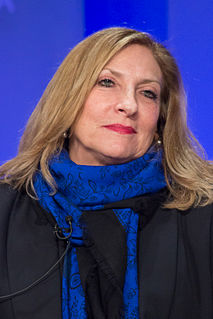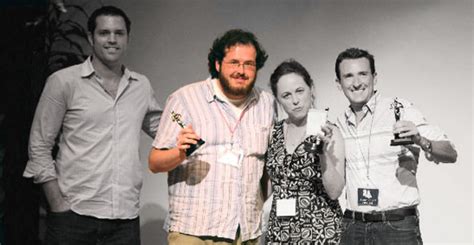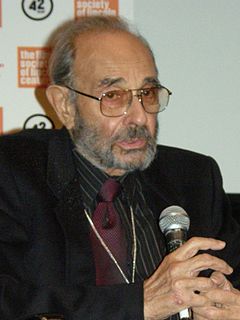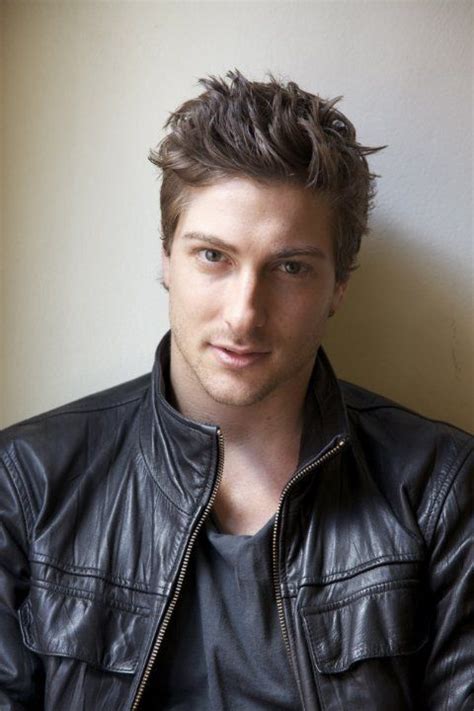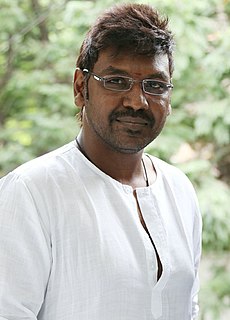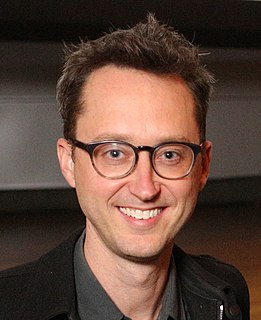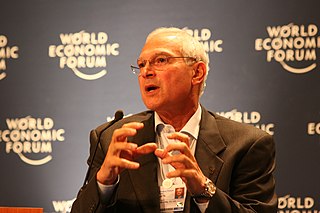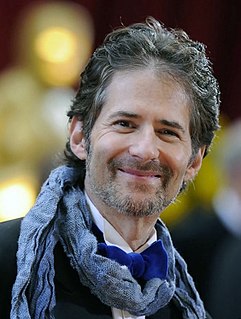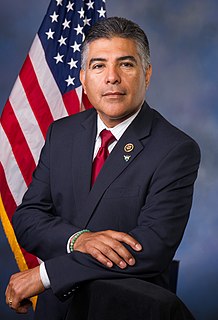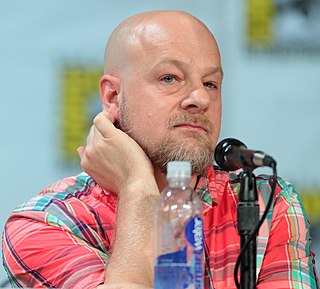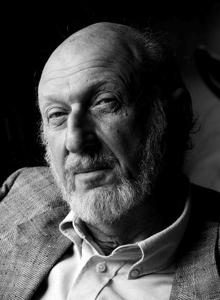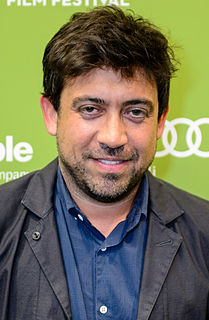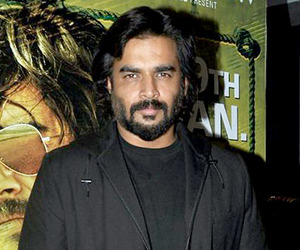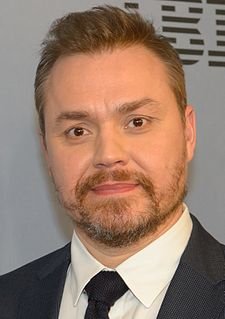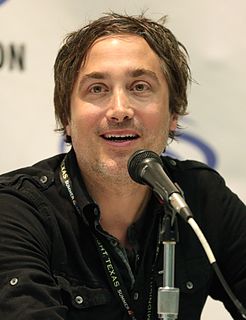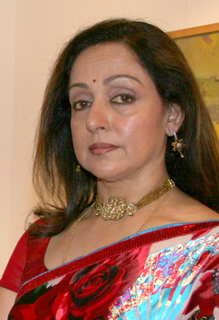Top 1200 Film Industry Quotes & Sayings - Page 20
Explore popular Film Industry quotes.
Last updated on November 17, 2024.
There's been a bit of confusion about Showscan. The basic problem was, it was film and it was 70 mm and it was a lot of it, so the negative cost was very high, the print costs were very high, and it also required conversion of the projectors and theaters and a lot of costs. I just couldn't get any traction in the theatrical movie industry to do it.
Every industry has standards. For example, the motion picture camera, there are 2 or 3 film formats with a number of brackets and number of speed, a shooting speed that is standard. If we didn't have that, then some motion pictures will play back too slowly, and people would talk very slowly, and it will be bizarre.
I went back to Dallas for a little while to finish my short film 'Rusty Forkblade.' It was not the instant success I thought it was going to be. There's a false narrative that if you make a short film right after senior year, you'll be plucked out to make a feature length film, and the rest is history. I didn't do that.
Art should not be bound by barriers or language. The Hindi film industry is a testament to that. We speak only Hindi, but we premiere in Germany and Japan. Our films do phenomenally well there. We transcend the barriers of language and culture. We welcome you in. I think that's what art should be, and I hope America reaches that place.
The entertainment industry is a microcosm of the real world. To be 'othered' within the industry is a reflection of where we have been cast in the outside world, existing in the margins of society for decades witnessing cisgendered, heterosexual whiteness as the clearly defined default to which we must cater.
Grief has similar side effects of alcohol consumption, such as numbness, guilt, and depression, resulting in less alert and price-sensitive customers. In addition, the funeral industry is somewhat taboo in the sense that communities in general don't communicate with one another about what are acceptable practices in this industry.
And by banning [smartphones] from the set, the whole crew tends to work tighter with each other. And then it just becomes a thing where people kind of fall in love with the idea, 'This is the film-industry that I signed up for! This is really wonderful.' But then they go back to another set and everybody's on their cellphone, everyone's in their own little box, and they get depressed about it.
It's easier to greenlight your own films when you're not surrounded by other people aspiring to make films. You have to work a little harder and rely more on yourself and your collaborators and the real relationships you have. There are so many hypotheticals that dominate the industry, and everyone's always waiting for someone else to tell them when to make a film and write a check and sign the talent.
So much of today's film culture, in England and America, is based on lies, really. The industry is very ambitious, and success has become such an opium, people start from the wrong place they forget sometimes that the core of what we do is storytelling. It serves a need, a purpose for the individual and society to pull us together in shared experience and help us realize we're not alone in that experience.
When I do a film score, I am basically nothing more than a fancy pencil for hire. I don't own any of the music when I am - it belongs to the film company - and likewise, when I am done, even if I come up with something astounding that I may want to revisit... in the world of film composition, you can't do that.
I went to Oberlin College, and they don't have a film major, but they do have what's called an individual major, where you can sort of pitch to a committee your own course study, and if they approve it, you have essentially just designed your own major. So Oberlin doesn't have a film major; they do have a film minor... And then my spring semester of my junior year, I went off to NYU film school as a visiting student - they have a program for kids from other schools to come in for a semester.
I would make a huge distinction between theater improvisation and film improvisation. There isn't much improvisation in film - there's virtually none. The people that theoretically could be good at this in a theater situation don't necessarily do this in a film in a way that will work, because it's much broader on a stage. But in a movie, it has to be real, and the characters have to look entirely real because it's being done as a faux documentary, so there are even fewer actors that can do that on film.
Kangana has started believing in her own myth. She says she taught feminism to the film industry, she taught it nationalism. I'm glad she spelled that out because nobody else had noticed! I think she fears the day when she will no longer be in the headlines and so has to keep making outrageous statements to stay in the news.
I realised after doing 'Tanu Weds Manu' that I had become fat and was not performing to the mark. I realised that I had become a terrible actor. I did 'Jodi Breakers,' which did not do well. So, I moved away from the film industry and lived with the common man to know where I was lacking and what do they want from an actor.
If you take 'Agni Natchathiram,' it is about two half-brothers and their emotions and those are genuine, which can be made into a very hard-hitting film just that it can be presented in an entertaining fashion. Similarly with 'OK Kanmani,' it is a genuine film; it is not a flippant film just for commercial purposes.
Earlier, I thought it would be better for an actress to marry a businessman or a person from other profession, as it offers more stability. But then I realised that if I marry someone who doesn't belong to the same industry , he wouldn't understand my erratic schedules and also the norms of the glamour industry.
I've actually done more [music for] films than television. I love the process of writing for a film. I love that you are creating this suite of music for a film, that's all tied together sonically and thematically and hopefully people associate with the film. They all are meaningful to me in different ways.
I started my career with her. I was supposed to do my first film in Tamil in which she was the other heroine. The film was titled 'Vennira Aadai.' It was a love triangle, with Jayalalithaaji and I playing the hero's two love interests. But the director Sridhar removed me from the film after a few days' shooting.



